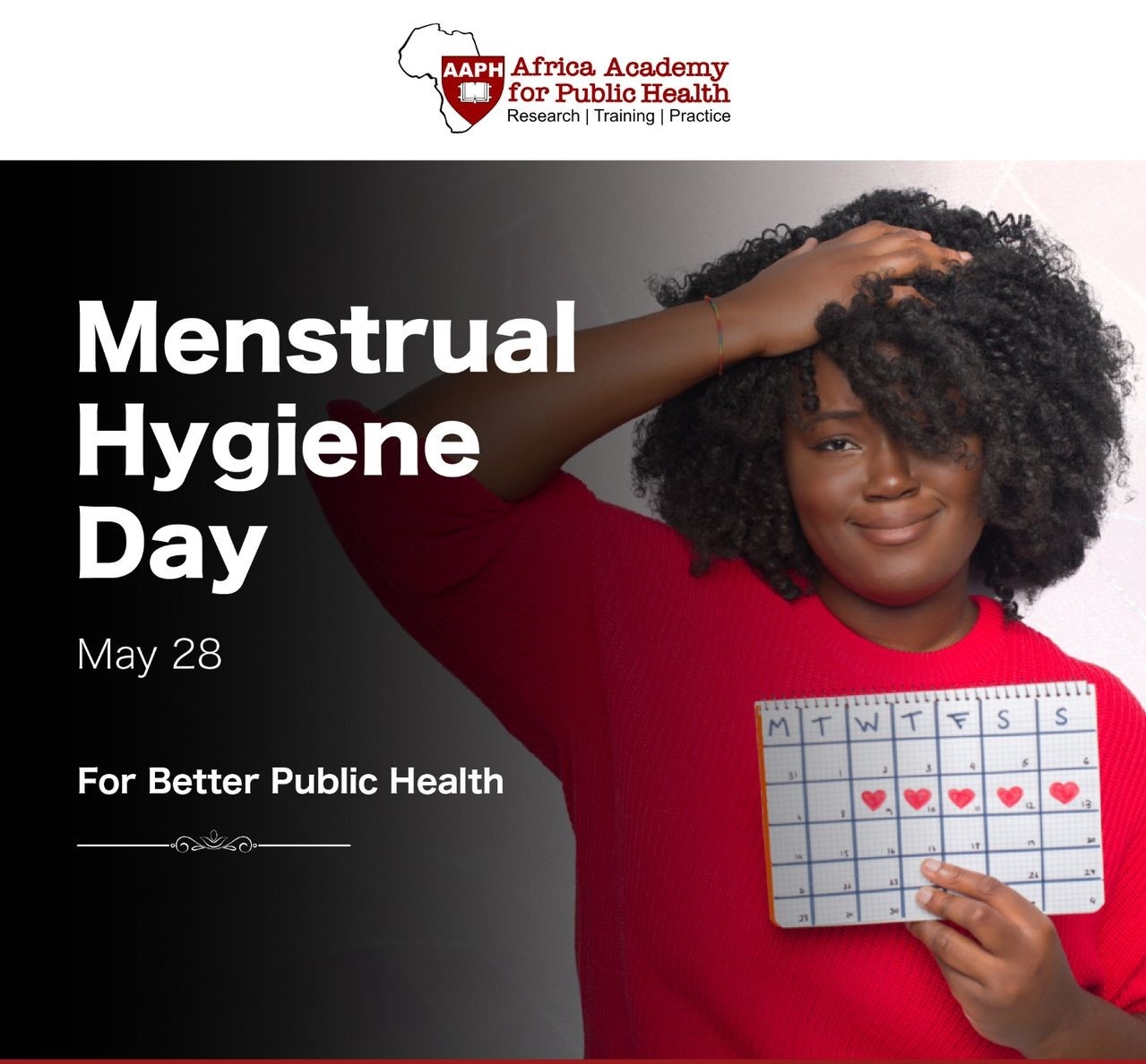
Aisha felt scared and confused as she saw blood stain on her skirt. She was in the school bathroom, wondering if that was what they had learned in class about girls' bodies. Still having that thought in mind, someone was banging on the door, demanding to use the toilet. Wanting to leave and go back to class, she remembered how Chausiku had been mocked by the boys last year when she had her first period during a soccer game, she just stood still, paralyzed, not knowing what to do!
Menstruation is a normal biological process which prepares the female body for pregnancy every month. Menstruation usually starts between the ages of 8 and 15 and may stop between 45 and 55 or beyond. The average length of a menstrual cycle is 28 days, but it can vary from person to person, and a period lasts for 2-5 days. Menstruation can cause some symptoms such as cramps, bloating, mood swings, and acne. These are normal and not harmful, but some people may experience much more stronger symptoms necessitating medical attention.
Menstrual hygiene is key to promoting good health by preventing infections, reducing odors and making women/girls comfortable. Some of the challenges related to menstrual health and hygiene (MHH) in Tanzania, include lack of clean and affordable sanitary products; A study by AAPH in Tanga titled Harnessing longitudinal data and digital technologies to improve adolescent health in Tanzania showed that more than one third (35%) of girls were using cloth or cloth pads, and about 20% of girls were missing school due to lack of sanitary products and 12% due to fear of leaking. Another challenge is that menstruation is considered a taboo in our communities, making it hard for girls to seek help and feel embarrassed when they are in their periods. Also lack of a support system for girls /women during this time; about 15.9% of the girls were reported to miss school for 1-2 days because of menstruation, mainly due to pain and discomfort, lack of changing rooms, lack of clean and suitable toilet facilities, and poor supply of water, but there was no system in place to accommodate them to cover lessons missed [1] [2].
To advance MHH, we can take several actions: educate community members on MHH facts and issues, ensure affordable and quality menstrual products are available and accessible, confront and change the harmful social norms and beliefs around menstruation, and improve toilet facilities and water supply.
On Menstrual Hygiene Day, we aim to end the silence and shame around menstruation, raise awareness about the barriers to menstrual health and hygiene, and promote access to menstrual products, education and facilities [3]. Our goal is to create a world where menstruation does not limit anyone's potential, let’s make menstruation a normal fact of life by 2030, For Better Public Health.
